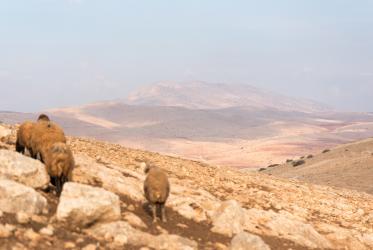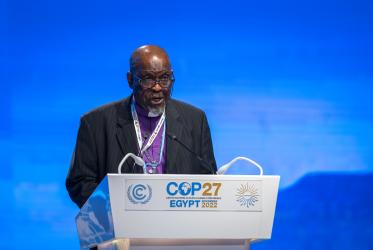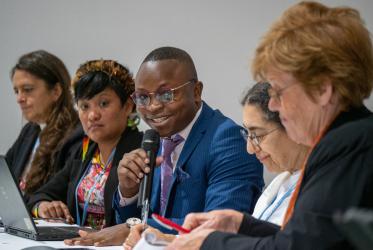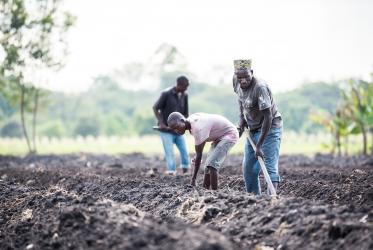Displaying 1 - 20 of 30
COP side event explores how to deliver on the promise of adaptation
16 November 2022
Lebanon meeting explores vision for more inclusive global church
07 February 2020
One refugee’s story: from Syria to France
07 January 2016
Histoire d’un réfugié: de la Syrie à la France
07 January 2016
WCC Executive Committee works toward a future of peace and justice
19 November 2015
Le Comité exécutif œuvre pour un avenir de paix et de justice
19 November 2015








